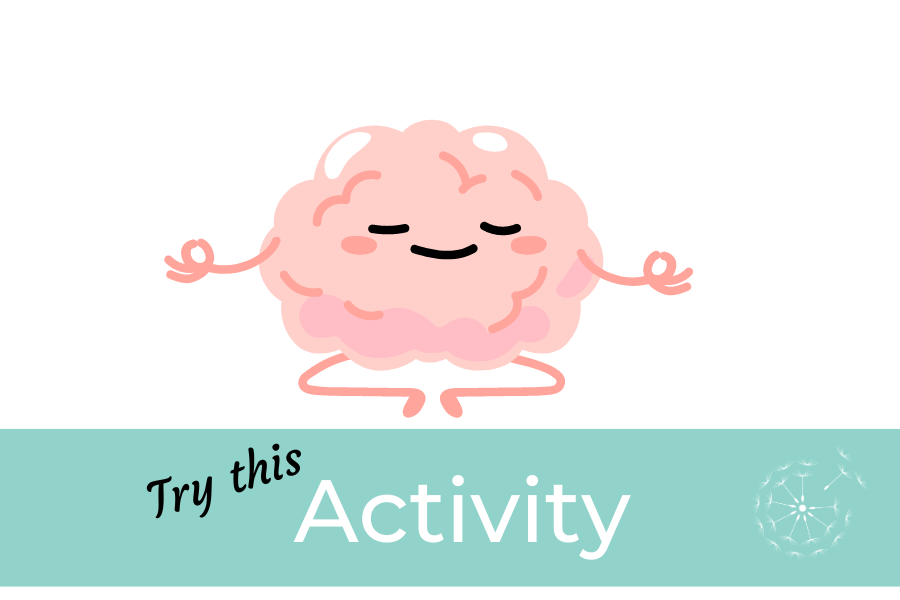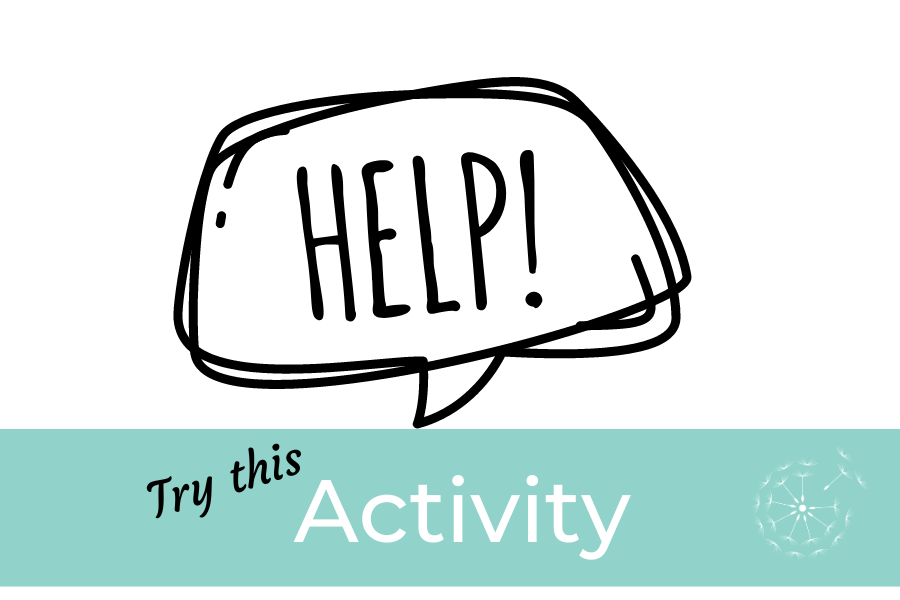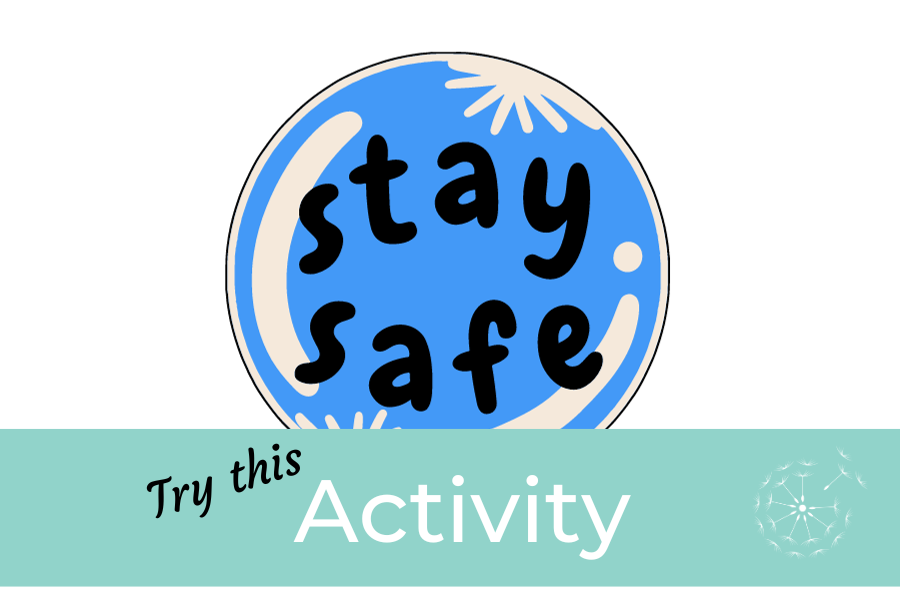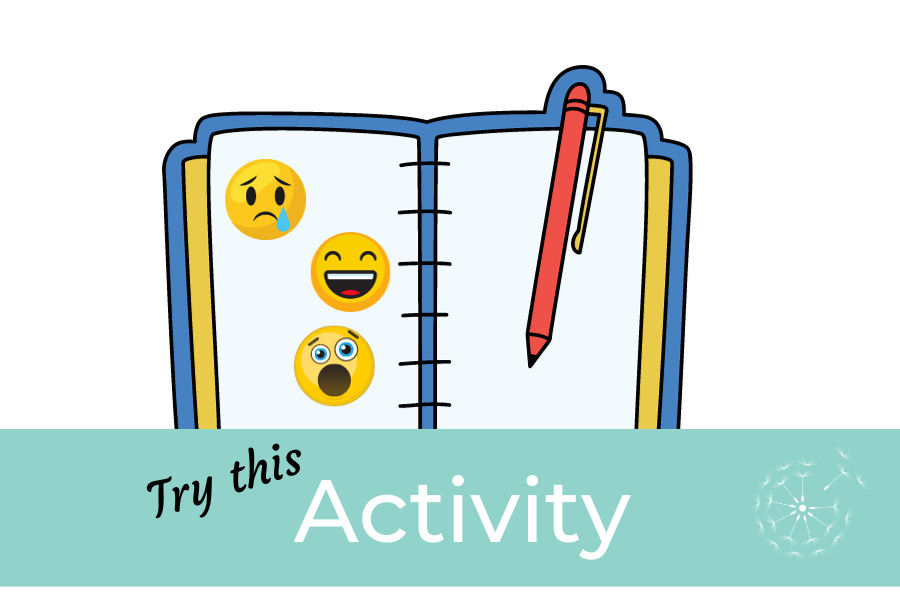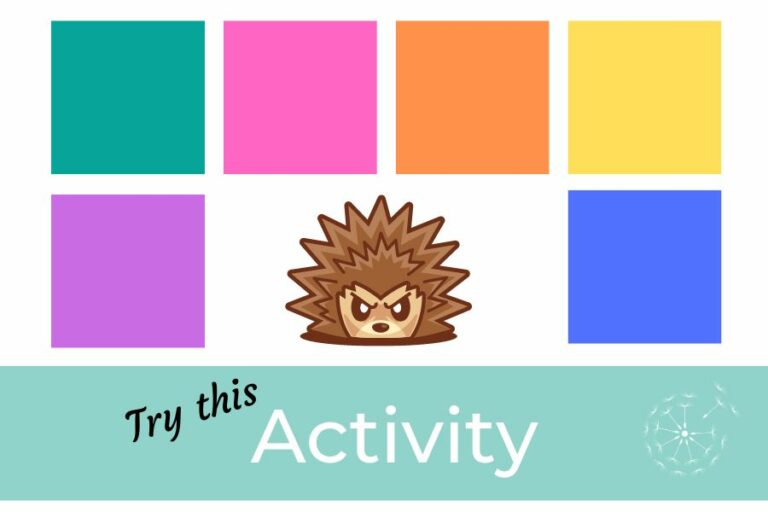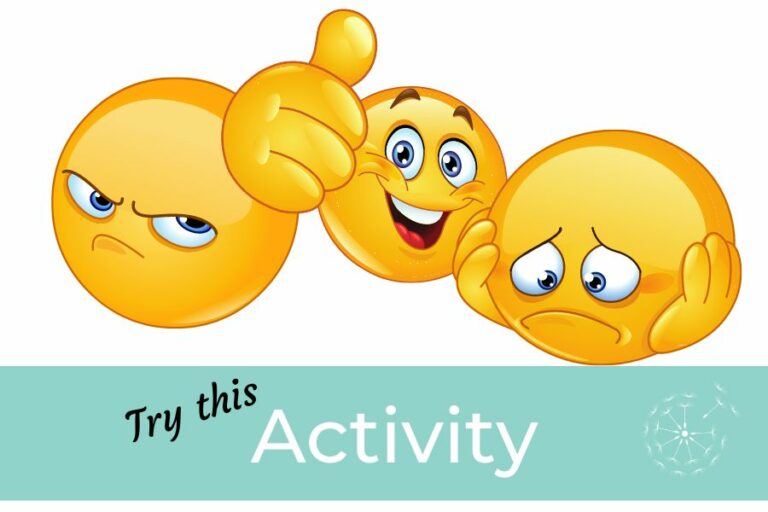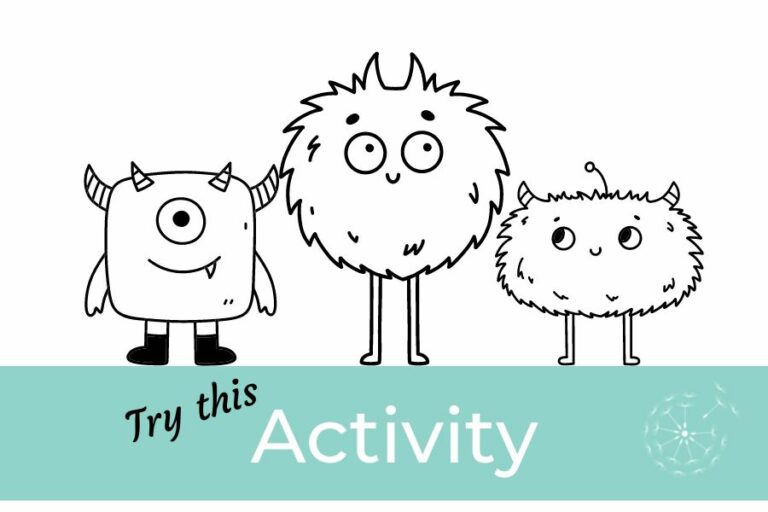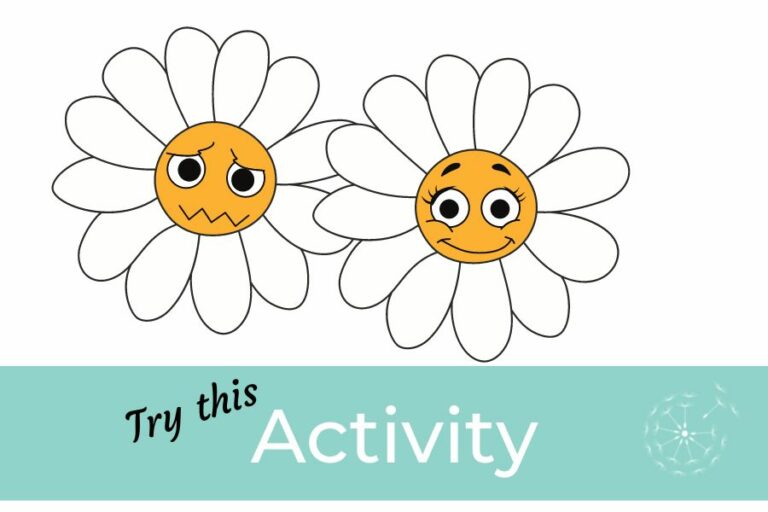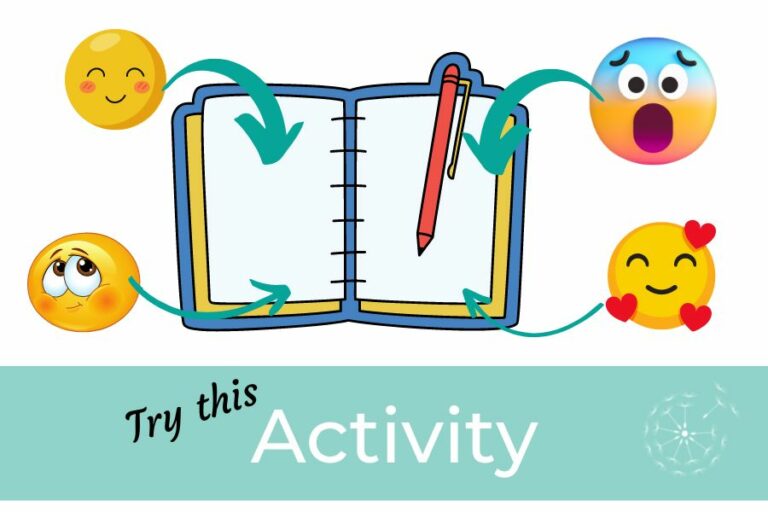Children’s Activity: Calm your mind
Learning to calm our mind when we feel anxious or overwhelmed, allows us to move from our amygdala (fight/flight/freeze/fawn) into our prefrontal cortex (logic/reasoning/regulation). Often, we can catch ourselves asking children hundreds of questions about ‘what is wrong?’ ‘what is the matter?’ ‘how do you feel?’ and notice their anxiety escalating as we draw more […]
Children’s Activity: Calm your mind Read More »

